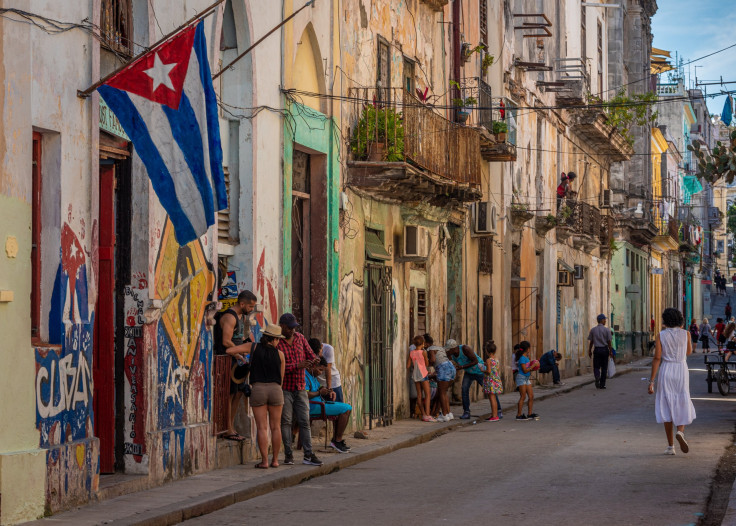
The Biden administration will allow Cuba's independent entrepreneurs to remotely open bank accounts in the United States, aiming to support the private sector on the island, The Miami Herald reported. The policy change comes after months of delays due to congressional objections.
The Treasury Department modified the long-standing embargo, enabling private business owners to open U.S. bank accounts and conduct authorized transactions online. Imposed in the 1960s, the embargo severed Cuba from the U.S. banking system.
At the moment, Cubans can open bank accounts in the U.S. while visiting but cannot access their funds upon returning home. The new measures seek to address this limitation, which has hindered private business operations on the island.
A senior administration official emphasized the importance of expanding Cuba's private sector to foster economic self-sufficiency and reduce dependency on the government. The official also noted that these changes could help curb migration from Cuba and counteract the influence of other nations, specifically Russia, in the island's private sector development.
U.S. companies are still restricted from doing business with Cuban government or military entities. Private Cuban companies with owners on the Treasury's list of prohibited officials will not benefit from the new rules.
Cuba's long-standing economic crisis has exacerbated over the past year, with residents now facing food and energy shortages. The situation, the worst in three decades, has led many abroad to send their relatives and close ones food, rather than money.
After several years of double-digit inflation, a carton of 30 eggs now costs 3,300 pesos ($27,50) on the island, where the average salary is 4,800 pesos. About five percent of the population has left the country during recent years.
The new measures by the U.S. government authorize local companies to provide various internet services to Cuban private business owners. These services include social media platforms, videoconferencing, e-learning, automated translation, IT management, and cloud-based services.
The Treasury Department will also reverse a Trump-era restriction that prohibited U.S. banks from processing transactions involving Cuba and third-country banks. The change is expected to benefit companies like Western Union, which handles remittances to Cuba.
Cuba's private sector has grown significantly since 2021, with over 10,000 small and medium enterprises now employing a third of the workforce. These businesses have become crucial importers of essential goods amid the country's economic crisis.
The Treasury's policy package faced delays due to congressional budget disputes and opposition from Miami Republicans like Rep. Mario Diaz-Balart. Critics argue that Cuba's private sector is still under government control and not genuinely independent. However, several business owners have denied this.
© 2024 Latin Times. All rights reserved. Do not reproduce without permission.







